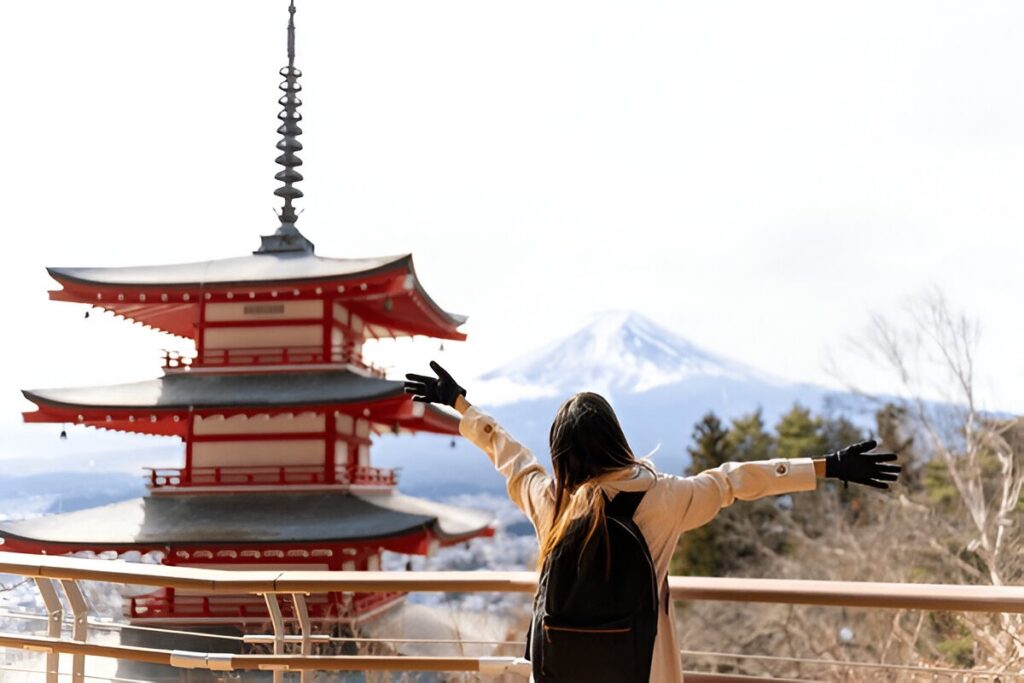Have you ever shared a meal with a stranger in a foreign country and felt instantly connected—without speaking the same language? That moment, rich in warmth and curiosity, captures the very heart of why travel builds cultural understanding.
In today’s divided world, travel isn’t just a luxury—it’s a bridge. It breaks down stereotypes, challenges assumptions, and brings people together in a way that textbooks or news headlines simply can’t. This article explores how travel nurtures empathy, deepens our appreciation of global diversity, and contributes to a more interconnected, respectful world.
Why Cultural Understanding Matters More Than Ever
We live in an age of globalization, yet misunderstandings and cultural friction persist. Whether due to media misrepresentation, lack of exposure, or inherited biases, many people form assumptions about cultures they’ve never truly experienced. Travel offers a remedy—it places you in direct contact with the daily lives, traditions, and beliefs of others.
According to a report by the World Tourism Organization (UNWTO), international travel has helped increase intercultural exchange and dialogue by more than 40% over the past two decades, promoting peace and cooperation. When done with openness and respect, travel becomes an educational experience unlike any other.
Real-World Example: From Bangladesh to Japan
When I first traveled from Bangladesh to Japan as a student, I was amazed at how small, seemingly mundane moments—like bowing to say thank you or exchanging slippers at the door—reflected an entire cultural value system centered around respect and cleanliness.
Initially, I misread the reserved behavior of locals as coldness. But through homestays, classroom interactions, and shared meals, I began to understand the layers of Japanese social etiquette. That shift in perception didn’t just help me understand Japan better—it made me reflect more deeply on my own cultural habits.
This is the transformative power of travel: it teaches you about others, and in doing so, teaches you about yourself.
How Travel Builds Cultural Understanding
1. Breaks Down Stereotypes
Stereotypes often stem from limited exposure. You may have preconceived notions about a culture based on films or news headlines. But meeting real people—seeing their struggles, joys, and routines—shatters those simplified images.
Example:
You might assume that Middle Eastern societies are uniformly conservative. But visiting cities like Dubai or Amman shows a wide range of lifestyles, from traditional to ultra-modern, coexisting with mutual respect.
2. Encourages Empathy and Emotional Intelligence
Walking in someone else’s shoes—literally—creates space for emotional connection. Travel exposes you to local stories of hardship, triumph, and resilience, helping you develop a deeper understanding of global issues.
Case Study:
After volunteering in a rural school in Kenya, American traveler Laura Whitman described how seeing the impact of resource scarcity on education firsthand made her rethink the concept of privilege. It wasn’t guilt—it was enlightened empathy, the kind that inspires sustainable action.
3. Boosts Language and Communication Skills (Without Words)
Even if you don’t speak the local language, body language, tone, and gestures become tools for communication. This helps you become more aware of how people express themselves beyond just words.
Real-Life Moment:
During my visit to Istanbul, I accidentally ordered the wrong dish, and the waiter noticed my puzzled expression. He smiled, brought the menu back, and helped me reorder—all without a word of English. We both laughed, and that moment of shared humanity stuck with me more than any sightseeing stop.
4. Highlights Shared Human Values
When you experience religious ceremonies in Thailand, family feasts in Mexico, or weddings in Ghana, you realize something profound: we are more alike than we think. We all seek love, community, celebration, and belonging—just expressed differently.
| Core Value | How It’s Celebrated Globally |
|---|---|
| Hospitality | Turkish tea offerings, Japanese omotenashi (selfless service), Bengali guest feasts |
| Family | Latin American Sunday gatherings, Indian joint families, Scandinavian parent-child co-living |
| Spirituality | Buddhist meditation, African ancestral rituals, Islamic call to prayer |
Travel Is Not Just Sightseeing—It’s Active Learning
Tourist traps are not what we’re talking about here. Traveling with the intent to understand means:
-
Staying in local homes or guesthouses
-
Participating in community events
-
Visiting markets and cooking with locals
-
Learning basic phrases in the local language
-
Asking respectful questions instead of making assumptions
By doing so, travel shifts from consumption to connection.
Cultural Immersion vs Cultural Appropriation
Let’s be clear: cultural understanding requires respect, not performance. Wearing a kimono during a cultural festival in Kyoto with guidance is one thing; mocking or misusing cultural symbols for social media is another.
When traveling, ask yourself:
-
Am I appreciating or appropriating?
-
Am I here to learn or to post?
-
Am I supporting local businesses and voices?
Pro Tip: Always seek local context before engaging in cultural practices. Respect is the currency of genuine connection.
Quick Impact Table – How Travel Influences Cultural Perspective
| Travel Activity | Cultural Impact |
|---|---|
| Homestay | Direct learning of daily life practices |
| Language learning | Builds communication bridges |
| Community tours | Promotes economic and cultural exchange |
| Cooking local dishes | Encourages appreciation of culinary traditions |
| Volunteering | Creates empathy through service |
Digital Travel: Can You Understand Culture Virtually?
During the COVID-19 pandemic, virtual tourism spiked. While documentaries, cultural YouTube channels, and digital museum tours offered a window, they couldn’t replace the smell of street food, the rhythm of foreign speech, or the warmth of shared eye contact.
Virtual travel can start the conversation, but real-world immersion builds emotional context. Culture is not just observed—it is felt, and that depth often requires physical presence.
Final Thoughts: Travel Isn’t the End Goal—Understanding Is
Travel builds cultural understanding because it demands humility. You become the guest, the outsider, the learner. And in that role, walls break down, bridges are built, and real change happens—not just within societies, but within ourselves.
We start to listen more. Judge less. Celebrate differences, instead of fearing them.
So the next time you pack a suitcase, pack an open mind too. Don’t just collect passport stamps—collect perspectives.



